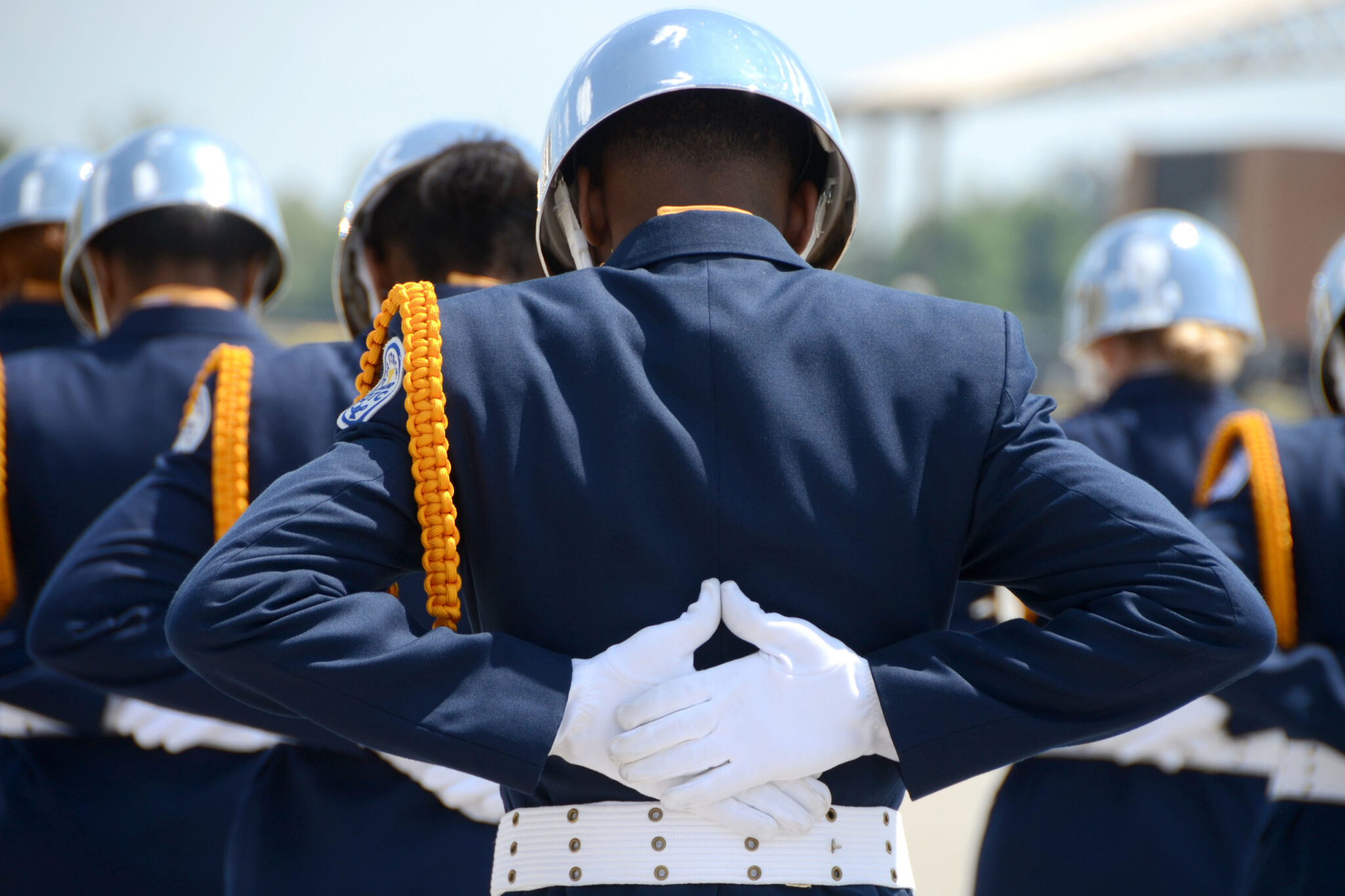
Sophia is a student at Harvard Law School and a member of the Labor and Employment Lab.
In today’s news and commentary, Trump’s DOL seeks to roll back a rule granting FLSA protections to domestic care workers; the Second Circuit allows a claim of hostile work environment created by DEI trainings to proceed; and a GAO report finds alarming levels of sexual abuse in high school Junior Reserve Officers’ Training Corps programs.
The Wage and Hour Division of the Department of Labor (DOL) has quietly been trying to roll back a 2013 DOL rule that granted more domestic care workers minimum wage and overtime provisions under the Fair Labor Standards Act (FLSA). Though in 1974 Congress amended the FLSA to include domestic service workers, it barred employees considered “companions” from minimum wage and overtime rules as well as live-in domestic care employees from overtime pay. In 1975, the DOL promulgated a rule that expanded the definition of “companionship service” and created an exemption for third-party agency workers such as workers from home care staffing agencies. In 2013, the DOL under Obama issued a rule that removed the third-party agency exemption and more narrowly defined “companionship services” so that more domestic care workers would receive FLSA protections. Now, Trump’s DOL wants to restore the exclusions of the 1970s, which could have devastating consequences for the country’s 3.7 million home care workers.
Yesterday, in Chislett v. N.Y.C. Dep’t of Educ., the Second Circuit held that Leslie Chislett, a former Caucasian employee of the New York City Department of Education (NYC DOE), provided enough evidence such that a rational jury might find that mandatory implicit bias trainings created a hostile workplace environment. In October 2019, Chislett brought suit against the NYC DOE alleging employment discrimination based on her race, a hostile work environment caused by a municipal policy or custom, and constructive discharge. The Second Circuit affirmed the district court’s grant of summary judgment in favor of NYC DOE as to Chislett’s constructive discharge and demotion claims, and vacated as to Chislett’s claim of hostile work environment.
Today, the U.S. Government Accountability Office (GAO) released a report on sexual misconduct by Junior Reserve Officers’ Training Corps (J.R.O.T.C.) instructors across the country. J.R.O.T.C. is a Department of Defense (DOD) program whose purpose is, in part, “to instill in students… the values of citizenship” and “provide[] a course of military instruction.” The program operates in over 3,400 U.S. public high schools and in fiscal year 2024, it received $439 million in DOD funding. The GAO report found that about one in ten schools with J.R.O.T.C. programs did not have required sexual misconduct training for staff. Additionally, 2 to 7% of schools (or as many as 240 schools) with a J.R.O.T.C. program had at least one instructor accused of sexual misconduct in the last five years. The government report comes about three years after a bombshell New York Times investigation finding that dozens of schools made the J.R.O.T.C. program mandatory (even though the law requires that each student join the program “voluntarily”), and that 80% of schools where at least 75% of freshmen were enrolled in the J.R.O.T.C. program had a majority Black or Hispanic student body. The GAO report is especially distressing given that high school teachers have criticized the program since at least 2004.






Daily News & Commentary
Start your day with our roundup of the latest labor developments. See all
March 1
The NLRB officially rescinds the Biden-era standard for determining joint-employer status; the DOL proposes a rule that would rescind the Biden-era standard for determining independent contractor status; and Walmart pays $100 million for deceiving delivery drivers regarding wages and tips.
February 27
The Ninth Circuit allows Trump to dismantle certain government unions based on national security concerns; and the DOL set to focus enforcement on firms with “outsized market power.”
February 26
Workplace AI regulations proposed in Michigan; en banc D.C. Circuit hears oral argument in CFPB case; white police officers sue Philadelphia over DEI policy.
February 25
OSHA workplace inspections significantly drop in 2025; the Court denies a petition for certiorari to review a Minnesota law banning mandatory anti-union meetings at work; and the Court declines two petitions to determine whether Air Force service members should receive backpay as a result of religious challenges to the now-revoked COVID-19 vaccine mandate.
February 24
In today’s news and commentary, the NLRB uses the Obama-era Browning-Ferris standard, a fired National Park ranger sues the Department of Interior and the National Park Service, the NLRB closes out Amazon’s labor dispute on Staten Island, and OIRA signals changes to the Biden-era independent contractor rule. The NLRB ruled that Browning-Ferris Industries jointly employed […]
February 23
In today’s news and commentary, the Trump administration proposes a rule limiting employment authorization for asylum seekers and Matt Bruenig introduces a new LLM tool analyzing employer rules under Stericycle. Law360 reports that the Trump administration proposed a rule on Friday that would change the employment authorization process for asylum seekers. Under the proposed rule, […]